“I cannot remember a time when I did not know the story of Flora Macdonald,” writes Flora Fraser, author of Pretty Young Rebel, a new book on her namesake.
What she never expected was to write a book about her, and even less so, to discover the full extent of Flora’s undoubted charm and canny ways.
Flora Fraser grew up surrounded by Stuart lore at Eilean Aigas, a mansion on an islet in the River Beauly, the heart of Clan Fraser country.
She hero-worshipped Bonnie Prince Charlie as a child, and was fascinated by her notorious forbear the Old Fox, Simon Fraser, the 11th Lord Lovat who vacillated between support for the Stuarts and support for the Hanoverians before finally plumping for the Stuarts.
For that he was executed in London, the last peer to be beheaded on Tower Hill.
Flora Macdonald was at that stage in Flora Fraser’s mind every inch the romantic heroine she’s portrayed in Scottish history, dressing the fugitive Prince Charles Edward up as the Irish maidservant, Betty Burke and whisking him away from the Outer Hebrides to Skye and his onward flight to safety in France.
She might have stayed that way, had Flora not embarked on a book about George and Martha Washington, ‘A Revolutionary Marriage’ in 2015.
She was looking for illustrations for the book, and “there, among a sheaf of American’s revolutionaries’ portraits, was an image of Flora Macdonald familiar to me as hanging in the Scottish Portrait Gallery in Edinburgh.
“What had she, a Jacobite heroine of 1746, to do with these patriots across the Atlantic in the 1770s and later?”
While it’s well-known that Flora Macdonald, her husband Allan and five of their children emigrated to North Carolina in 1773, Flora Fraser unpicks the whys and wherefores of what happened, the tragic outcome of their enterprise and how Flora Macdonald’s gifts as a survivor and shrewd operator came again and again to the rescue of her family.
Manhunt for the Prince
There was much more to her than the pretty young woman with the fresh complexion, blue eyes and dark hair whom Bonnie Prince Charlie and his men encountered in Nunton House, Benbecula as they desperately tried to put distance between themselves and the pursuing redcoats, intent on bloody revenge.
Flora was arrested for her role in his escape, but escaped retribution, being held in London under house arrest in the immediate aftermath of the Battle of Culloden.
She married the swooningly handsome Allan of Kingsburgh, Skye in 1750, and they had seven children.
It was a love match, Flora reckons and generally approved in both Skye and Flora’s home island of South Uist.
The problem was that Allan proved not to be as good a manager of the Sleat estates as his father, old Kingsburgh, released from incarceration in Edinburgh Castle after Culloden by special pleading from his employer, Lady Margaret Macdonald.
Allan had ideas of improvement, introducing better potatoes, and better sheep, Flora says, but he didn’t have the business nous for managing the estate.
By the 1770s things had become very hard as rents racked up, so Flora and Allan left for the new world and a better life.
They could buy far more land up the Cape Fear River in North Carolina than they could ever hope to in Skye, and there was a Scottish community already settled there, with thriving businesses.
But in an ironic twist of fate for the couple and their six children, the American Revolution broke out within months of arrival, and saw Allan and the boys fighting on the side of the British Government against the Patriots.
It seems strange from this perspective in history, that people who were willing to risk their lives against the government in the ‘45 should now fight on its side.
Fighting for the Crown
Flora said: “For Flora and Allan, and anyone of their age, the Crown had been all powerful after the ‘45 so many Scots had joined Highland regiments and gone out to fight in the Seven Years War and been part of this all-conquering British Army who had defeated the French.
“They had no notion of the depth of feeling of those Americans who had become Patriots, and to them it seemed a no-brainer.”
Here Flora Macdonald revealed her canny side.
Flora said: “While Flora could at one time hold the image of the gallant young Bonnie Prince Charlie in her heart and apparently say to her youngest son who mentioned the name of George III, ‘never speak to me of soft Geordie’, at the same time she knew where the advantage lay, in terms of potential reward from the crown, so her husband and sons joined up.”
But it didn’t end well when Allan and one of the sons were captured and sent out of the colonies to Pennsylvania.
In the end, two of her sons died as serving officers during the war.
Flora and Allan returned to Skye, and Flora set about writing a ‘memorial’ to the future George IV to remind him of their loyalty and what a high price they have paid for it.
She was successful in this endeavour, rewarded with a pension of £50 a year.
It was Flora who did the hard work finding the patronage so essential to keeping her family afloat.
Allan didn’t seem up to the job, and it was notable, Flora Fraser says, that when their youngest son Johnny became a success abroad, he sent an annuity of £100 to his mother, not to his father.
But Allan was affectionate, and the pair had a very long marriage.
Flora added: “The truth is she had a very strong Presbyterian faith, and that kept her going. Her maternal grandfather was a Presbyterian minister, rather a nice one it seems.”
In the meticulous and deep-delving research for the hugely readable Pretty Yong Rebel (Bloomsbury Publishing 2022), Flora says she has built a picture of Flora Macdonald as sure of herself, uncowed by Royalty, and egalitarian, a gracious, charming yet artful and grounded product of her island roots.
Flora has also revised her opinion of the butchering Duke of Cumberland over the years.
She said: “I feel sorry for him nowadays because it was too much for this young man to deal with.
“He was a young officer in charge of the prince’s manhunt, when everybody was aiding and abetting the prince to try and get him back safe to France, in the hope that he would launch another uprising which never of course occurred.
“They are no match for the guile they encountered and Flora was chief among the most guileful.”
More like this:
Jacobite heroine Flora MacDonald’s wedding attire painstakingly recreated
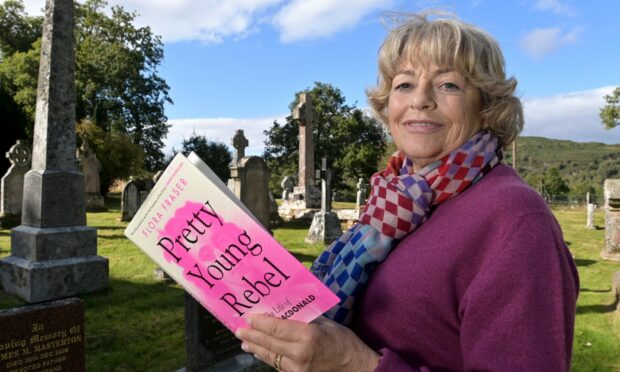
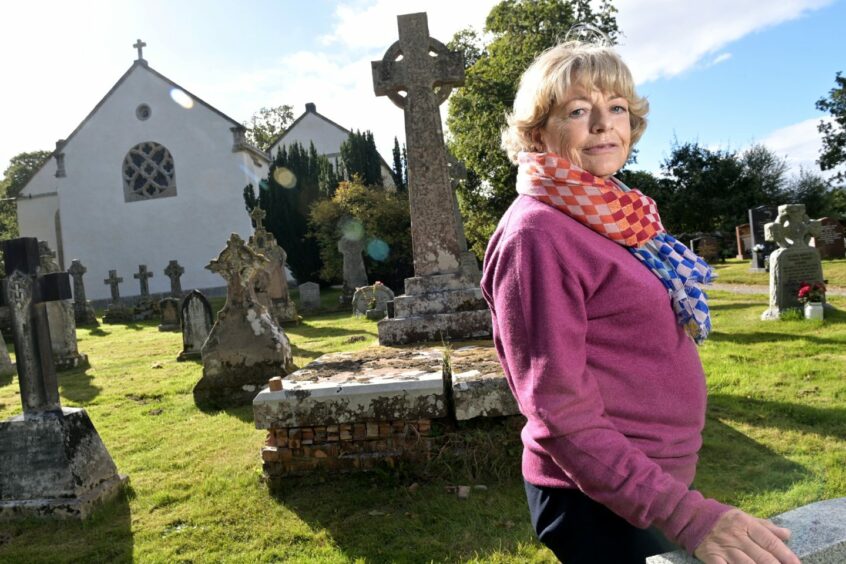
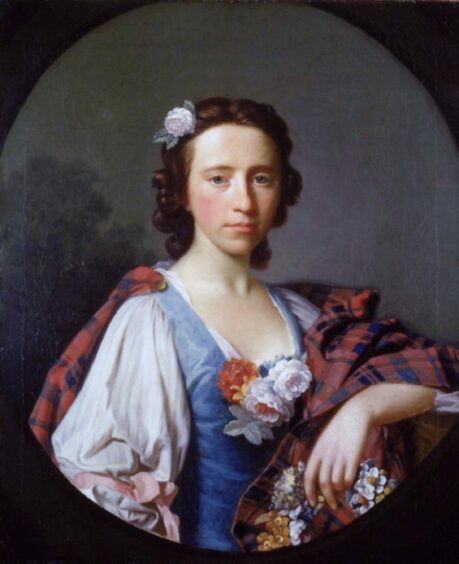
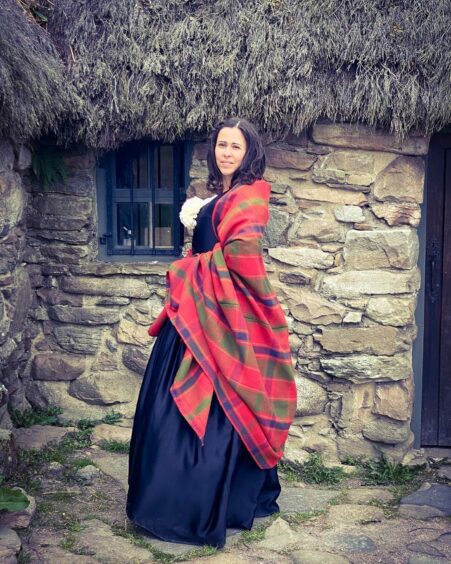
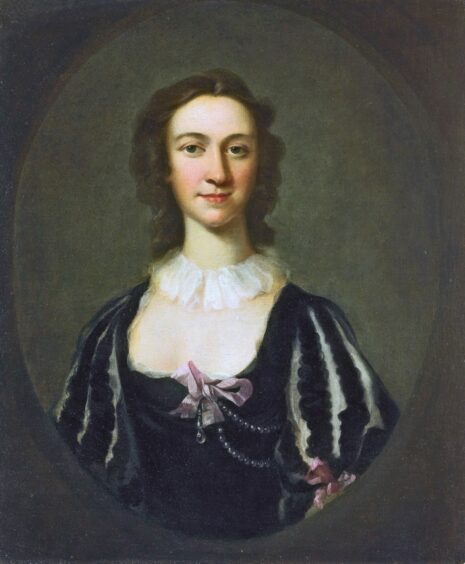
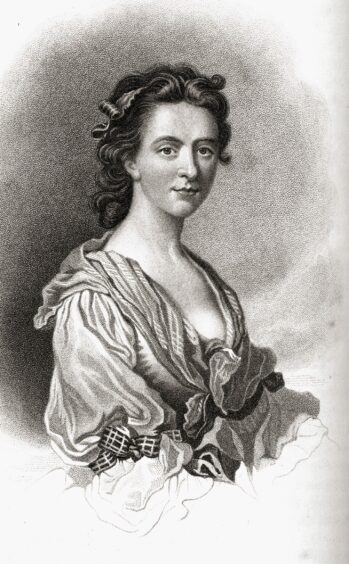
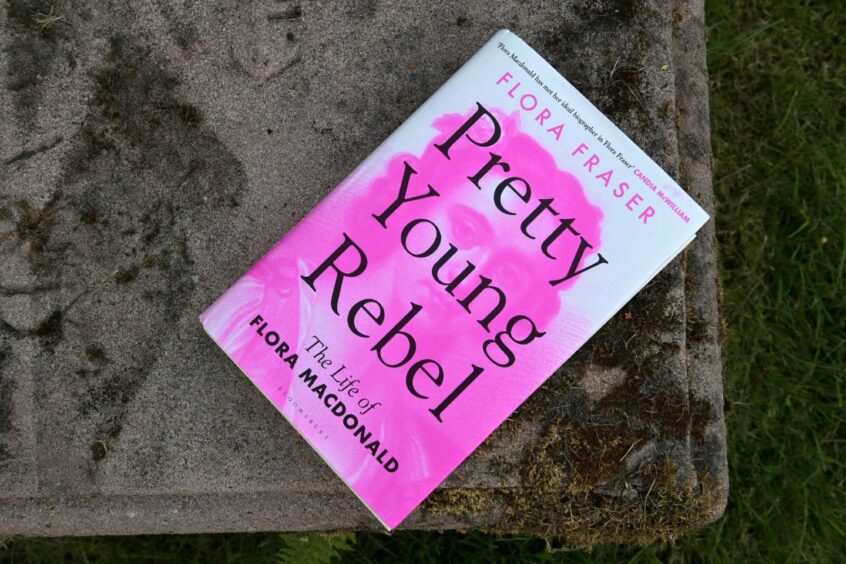
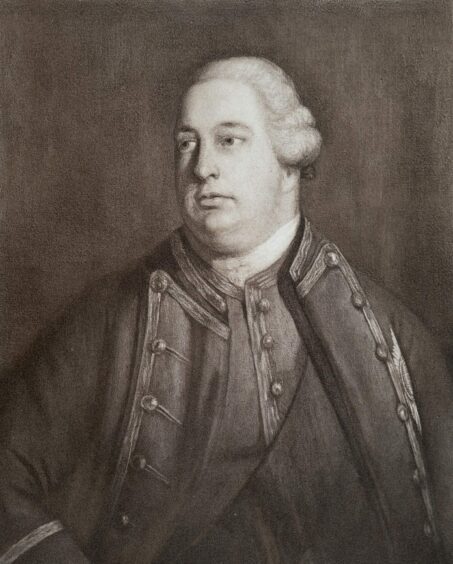
Conversation